On Stopping | | |
In 2018 everything stopped. For the first year of this stopping I lay, barely moving or speaking in bed, earplugs in, eyes shut and light dimmed, making art in my head. Never in my whole life had I not made, not written, not something-ed. This internal making was one of the things that helped me survive the total cessation of everything I’d called life. I escaped into an imaginal studio. It was better there. I was still an artist. Still able to walk. I had the strength to wield scissors, move my arm in an arc of charcoal. I could read. Write.
That year, actually, I did write one thing, a poem - dictated onto my phone. It’s hard to go back to the writing of it now because the two short stanzas (my arm thrown across a piece of wood afloat in edgeless dark water) bring back a tidal surge of fear that still hasn’t left me. I don’t think it ever will. That year will always be with me. I seem to have been carrying a glass of it ever since. Brimful, it threatens to slosh over every time I move. But I cannot stay still.
What I wanted to write about was starting again. But it seems I can’t write about starting without first writing about stopping; about what happens when the ideas back up inside you with no way out. The pressure of them - the drawing series wedged tight against the installation against the poem against the story against the textile embroidered with a thousand stitches you are unable to stitch.
I was familiar with stopping, of course, and not just my own. I had used to sit in rooms with people in various stages of stopping (or getting started again). I was supposedly the one with the answers. But the answers were in them. In their hands - writing, drawing. I could see answers rising in their faces too - the tiniest flinching from the present moment; their bodies tightening around a line, a thought, a memory. Here. Here. Here was the answer. If I had a gift it was simply one of seeing this and making space for them to see it too.
Not enough time for being human, for rest, for stillness,
for not being perfect, for being seen.
So many rooms, so many people and pencils and pieces of paper. The reasons so varied and similar, so human, so ordinary and immense. Bereavement. Illness. Trauma. Depression. Divorce. Parenthood. Work. Confidence. Belief. Shaming. Burnout. Or simply not enough time for being human, for rest, for stillness, for not being perfect, for being seen.
And when you are stopped, how do you get started again when starting feels impossible? What are you carrying in that glass so gingerly? So carefully that you cannot put it down to pick up a pencil? Or if you do, then it soaks the paper? Or why did creativity dry up? Despite the sweet water everywhere?
On Starting / / /
You start again because creating is the one bright thing you cling to when everything else has gone dark. It’s the small spur, the nub of yourself you still have a finger-hold on. The one self that doesn’t seem to have been lost - and this is a miracle - even though everything else you thought was you has been. (Or so it seems.) Rob Burbea calls this the image of the self as artist.(1) He pairs this intra-psychic image with another, the held image of the artwork - two images linked by what he identifies as a dual eros.
As you lie there, the slow track of the light crossing your sun-dial body through the seasons; this image of yourself as artist doesn’t fade, it’s on loop, on repeat. So you watch it flickering like an old 8mm film and this is a kind of continuing. It might be the only image for a long time, but this too is a creation. Perhaps your most important one. You keep it playing, even if it’s in the background, even if you take your eyes off it for days, weeks, months. Years. You keep playing it because it keeps you lit.
Questions are the most subtle and eternal of any creative medium.
What kindles you? E asked me once. I loved her for asking this question. It caused a lick of flame to uncurl in me. Questions are the most subtle and eternal of any creative medium.
You start again by finding what kindles you and as it happens, it has nothing to do with your art. Houseplants. You may not be able to make but you can look - at green. You may not be able to get outside, haven’t been under a tree for two years now, but you can create a garden inside - even if someone else must water it. What else kindles you? The trees cresting over the roofs on the horizon. A lone crow perched on a topmost branch. Sunlight shining through the rain falling against the window. The heat-shimmer rising before the glass as the radiator kicks on in the morning as you lie there. You’ve been shut away so long now you can name it as an absolute. Beauty, beauty, beauty in all it’s forms. Do not underestimate it.
You still can’t make but you can look at more than one image at a time, when before the overload of information in just one photograph exhausted you. So you look at art (though you can’t read about it - you cannot read) but looking kindles you. You blow on the coals, eventually you start a teeny curatorial feed on Instagram. Hello, Instagram, it’s been three years, I missed you. And even though you’re not making you’re seeing what it is you want to make in the world, exactly what calls you.
Keep looking. Don’t take your eyes away. Be all eyes, if looking is the only thing you can do. Because all the while the weight and pressure of the un-made inside you is compressing to a density as hard as desire.
You start again. Acts so small you cannot call them art.
Do not call them art.
You start again. Acts so small you cannot call them art. Do not call them art. Let them lay there, put no pressure on them, on yourself. But turn sometimes to look at that 8mm image-flicker. It’s still there. You haven’t lost faith in it, although you have lost faith in your brain which lugs thought like a cumbersome barrel; your body, which fumbles and sinks and can only be prised from the mattress for two hours a day. Ah sofa, my friend. (3)
And you re-member at a certain point, that not starting is normal. You remember those rooms, those people, all with their imperative, unplanned, unlooked for reasons just as compelling as your own. Elderly parents made suddenly helpless; immolating loss; the dead fog of grinding each day and still not having enough for the rent. And you have the rent. And you have a sofa and a bed and just a little energy now. And all those too-small-to-be-somethings have given you something. They have given you momentum. You have been striking stone against stone without realising quite what you were doing (although also you did know) and now the spark of one small creative un-thing against another, the looking, the feeling, the beauty - has caught. Finally. You draw. You draw. You stitch. And there is so much fuel. The dense accumulation of all the unsaid, unmade, unwritten, unrealised work inside you - suddenly loosed. And it wants so much.
And that, of course, is the great gift of your longing. It will not leave you. You wish it away - the desire to create that cannot be acted upon, the grief that you cannot fulfil it. But it will not go because what you are longing for - let us be clear - is the erasure of your self. But it’s that same desire - the irresistible force - that gets you started again. Eros - your love for the world. Eros - the love of what you do. Eros (not ego) - the love of what you are; that 8mm flicker, the image of yourself on repeat - artist, writer, maker.
Yes, let’s please call what it is. Love. It is love that kept you here.
On Faltering \ \ \
And then, of course, you falter. Which is to say, you encounter obstacles. Toto, we are not in Kansas anymore. Creative practice isn’t the way it used to be.
I falter. My body is unwieldy and heavy, my brain functions in ways that are strange to me. Visual processing is difficult and a combination of factors has left me for the time being with a kind of functional neurodivergence. This both puzzles and intrigues me. I no longer find it easy to proceed in straight lines. I bounce off on a million tangents like electrons in a cloud chamber. I chase trailing thoughts. I scramble letters, words, syntax, particularly when writing by hand.
Everything I make, drawing, stitching; I must make on my lap, reclining, for short periods only. I haven’t the physical energy or strength for large movements or for large scale work and so now I make small. Small marks, on small pieces of paper; a textile sculpture the size of my hand; collaging small pieces to make larger works. I can’t keep getting up to clean my hands, my face, my clothes, my brushes, or the floor of charcoal or ink, which means most of the media and ways of working I employed before are no longer available to me. I have discovered new ones, but still it can take me a week to assemble and prepare the materials needed to stitch one piece. Everything proceeds very slowly. Symptom flare-ups = stop. I’m learning patience as a survival skill. It seems I must.
You falter because this too is a normal part of the creative process,
of being human.
And also I falter in the ways you do. Because of lethargy, loss of momentum, low mood or crisis of confidence. Is it really any good? Is it too long? Does it make sense? No one will see it. (Doesn’t matter, beloved. Just look, just make. One small thing, then another. Momentum. Beauty. Love.) You falter because (and this is a heartbreak of sorts) the great mass of the unsaid, unmade, undrawn, unwritten which has forced its way up against the weight of all-the-odds, may not now, five years on, be what you want to say, make, draw, write - and you must find what it is that kindles you now. Fuck. Inspiration, how does that go? Ah yes, look, look, read (if you can), beauty, eros, small things, stone, stone, spark.
In other words, you falter for all the reasons you faltered before. You falter because this too is a normal part of the creative process, of being human. Because continuous, perfect, peak production - that ableist, capitalist, colonising myth of creativity - makes a travesty of the generative and denatures us all. As if anything that ever grew didn’t do so in increments, in seasons; in a stop-motion jerk of budding, leafing, flowering, withering, dying back, going underground. This is why stopping can be revelatory, although so long underground is hard.
On Continuing — — —
And then you continue. I do. Although there is no perpetual line. Continuing is always a process of stopping, starting, faltering. How could it be anything else?
No definitive and dramatic come-back, then. Just stops and starts. Just a continuing - to carry the glass so as little spills as possible. Continuing - to write, draw, make, look, read (when I can). Continuing - which might also be called enduring, because I know now that that image of myself as artist is unassailable. Enduring - because even when I lost my grip on it and on myself, it remained. It didn’t go out, not once.
Footnotes
Rob Burbea (1965-2020) was a composer, musician and Buddhist teacher. In his 2019 seminar, Art & Dharma, speaking in the context of the imaginal and Soulmaking Dharma, he posits the idea of the dual Eros of the creative act; the art object as one erotic image, and the image of the self as artist as the other. Although only accessed recently, this resonant idea has contextualised and enriched my perspective of much of what was happening within me in the first years of my illness. Indeed, there’s so much for me around this idea that I found myself writing another piece about it, a piece written as an invitation to self-enquiry and insight, a piece for you to take away and work with as you wish. It will be published a week after this essay. For now though, here’s the link to Burbea’s seminar. https://hermesamara.org/resources/talk/2019-10-18-art-and-dharma-part-1
These drawings, by which I mean also scores, cartographies, texts, documents - were made with the same standard word-processing software I used to write the other parts of this essay. This required me to make each part of the drawing line by line, moving from left to right across the space of the ground. This is entirely unlike any way of drawing or markmaking I’ve ever employed and it was quite revealing. What it did most immediately, was take me on a linear journey of stopping, starting, faltering and continuing; in which I felt each mark in my body - a somatic registering of stop, start, falter, continue. And the spaces between. This was quite unexpected and deeply enriched my experience of writing the other parts of the essay. I hope that readers too, if they ‘read’ slowly, will also experience this bodily registering of the text. It has become an important part of the work in its totality for me.
I was greatly inspired recently reading about artist, Jo Longhurst’s, exhibition, Here, Now which is part of her ongoing multi-disciplinary project, Crip. There’s an interview with the artist, who also has an unseen chronic illness on the a- n blog. https://www.a-n.co.uk/news/jo-longhurst-qa-i-like-slow-looking-i-try-to-make-work-to-slow-people-down/
I’ve been playing with punctuation as a way to score or amplify what I’m writing in my notebook. An improvisational act that evolved into the four pieces in this essay. Indirectly, Hanne Darboven’s drawings - exhibit at the Menil Drawing Institute runs til Feb 12th 2024 https://www.menil.org/exhibitions/373-hanne-darboven-writing-time ; and also Katie Holten’s Stone Alphabet https://emergencemagazine.org/gallery/stone-alphabet/ have both influenced the visual direction this essay has taken.
I can’t share these pieces without also mentioning Fluxus scores (of which there are numerous brilliant examples on Instagram @fluxusgram). Although the Fluxus methodologies are different to the ones I employed for this essay, they do point towards ways of mapping creative process as well as directing it.
Header Image: Crossing the Bardo 2019 Embroidery Silk on Repurposed Bed Linen. One of the too-small-to-be-somethings stitched in bed in the second year of my illness. In Buddhism the bardo is the liminal space between one life or incarnation and another. But it can refer to any transitional or suspended state of being.

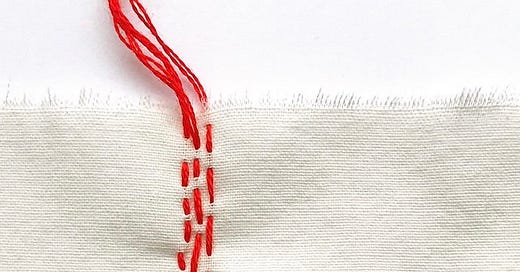


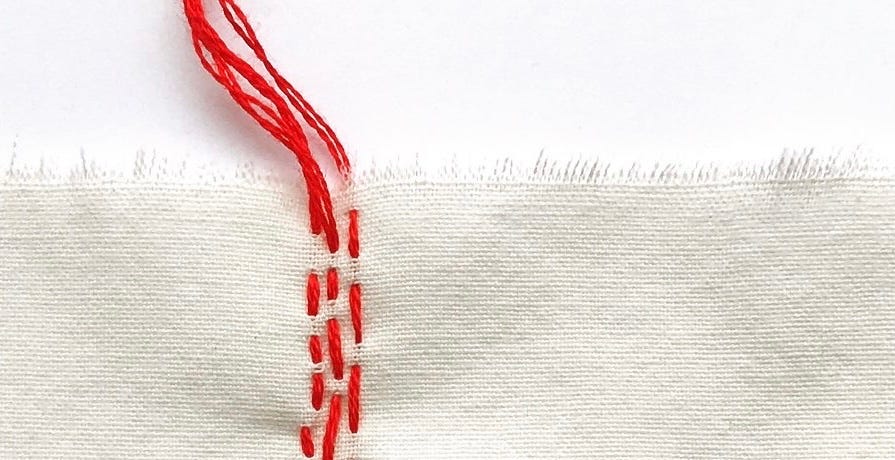
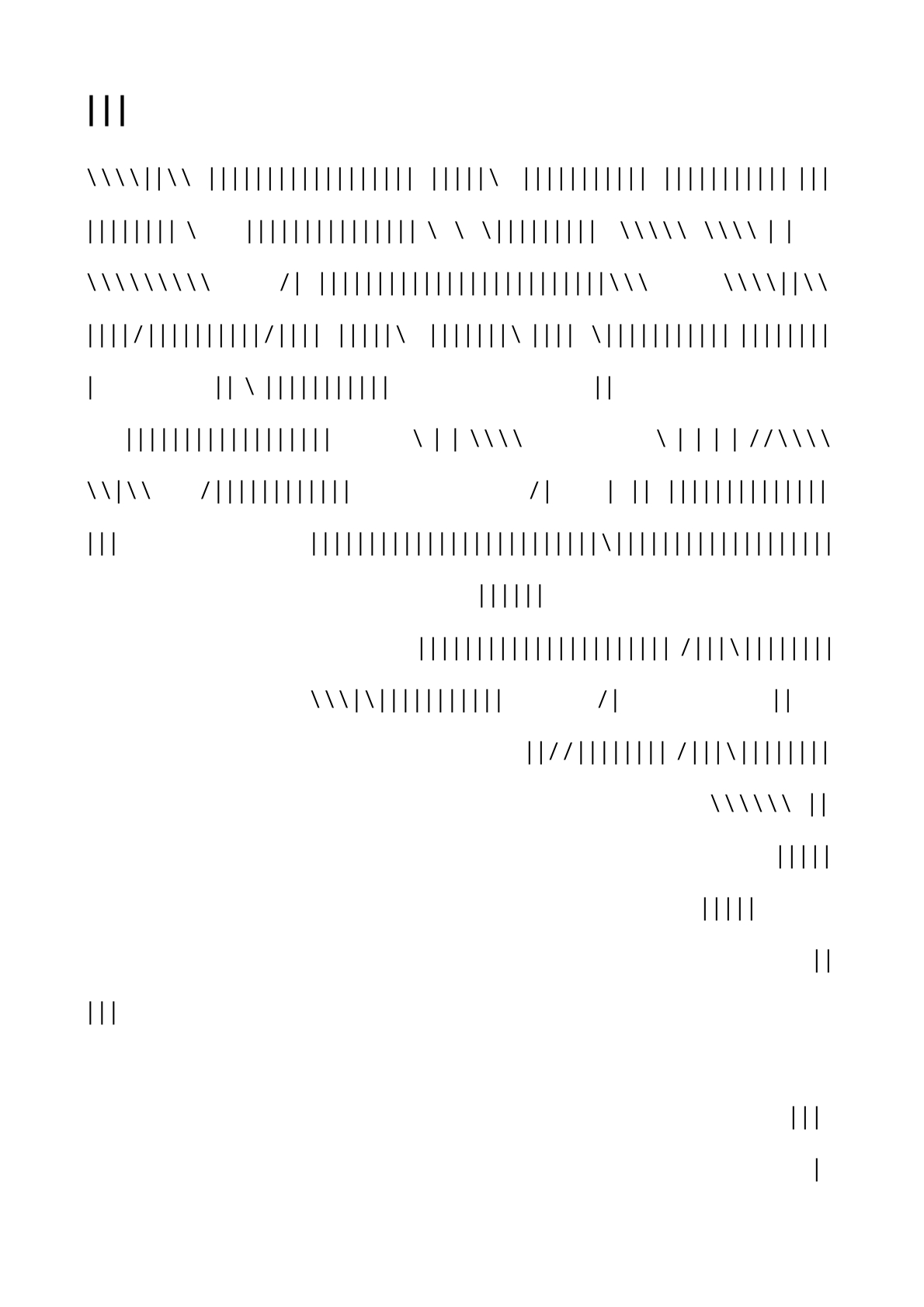
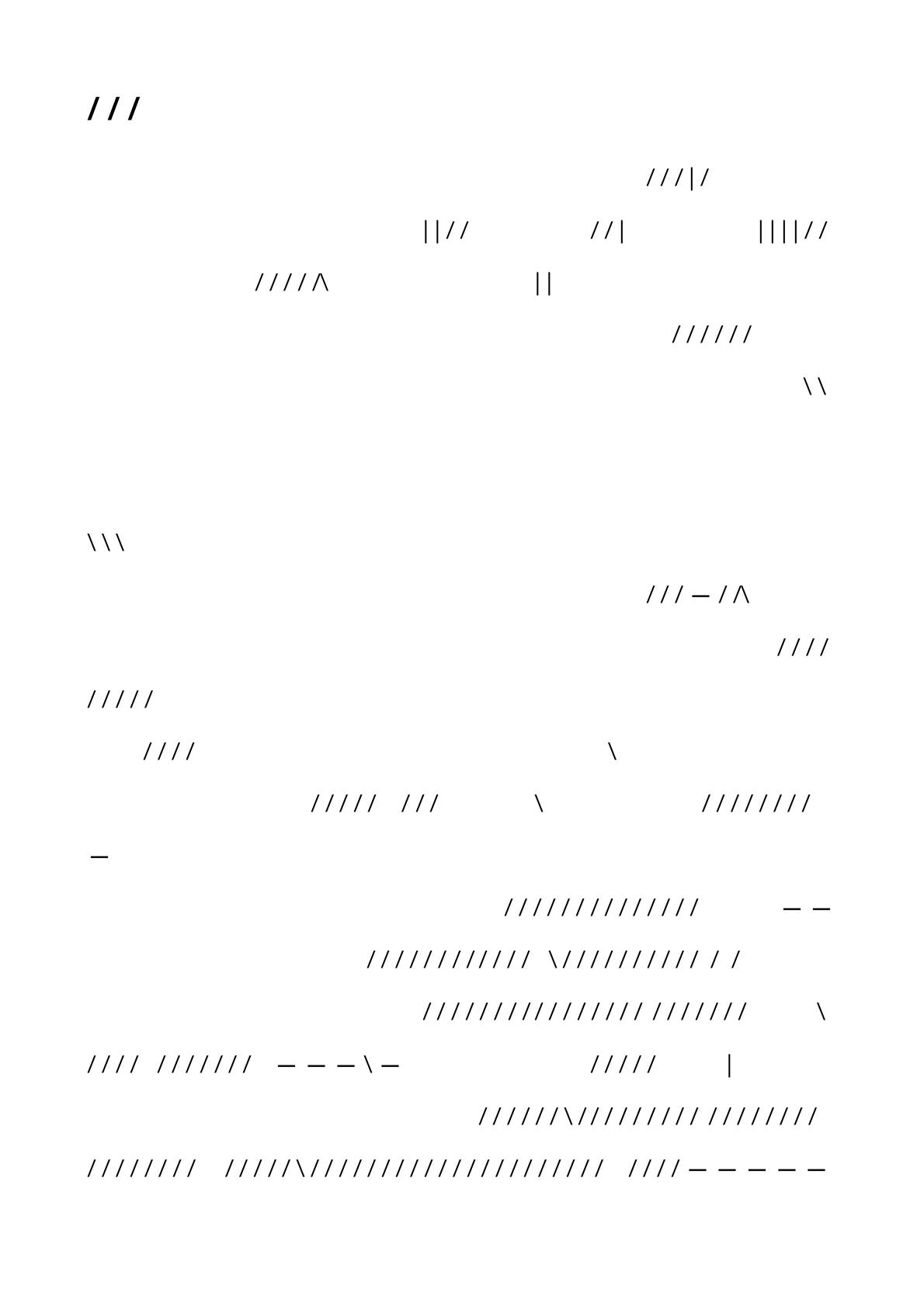
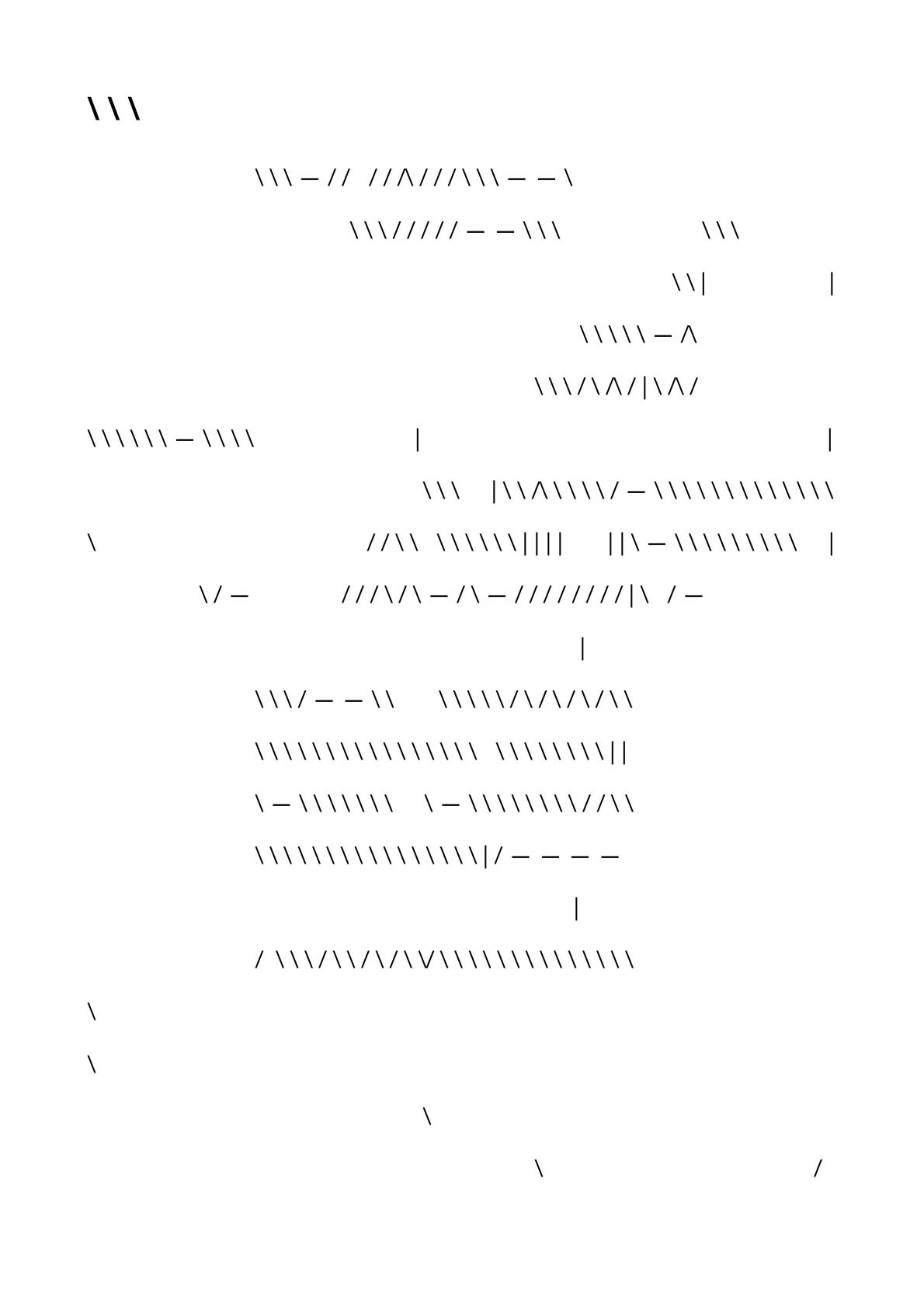
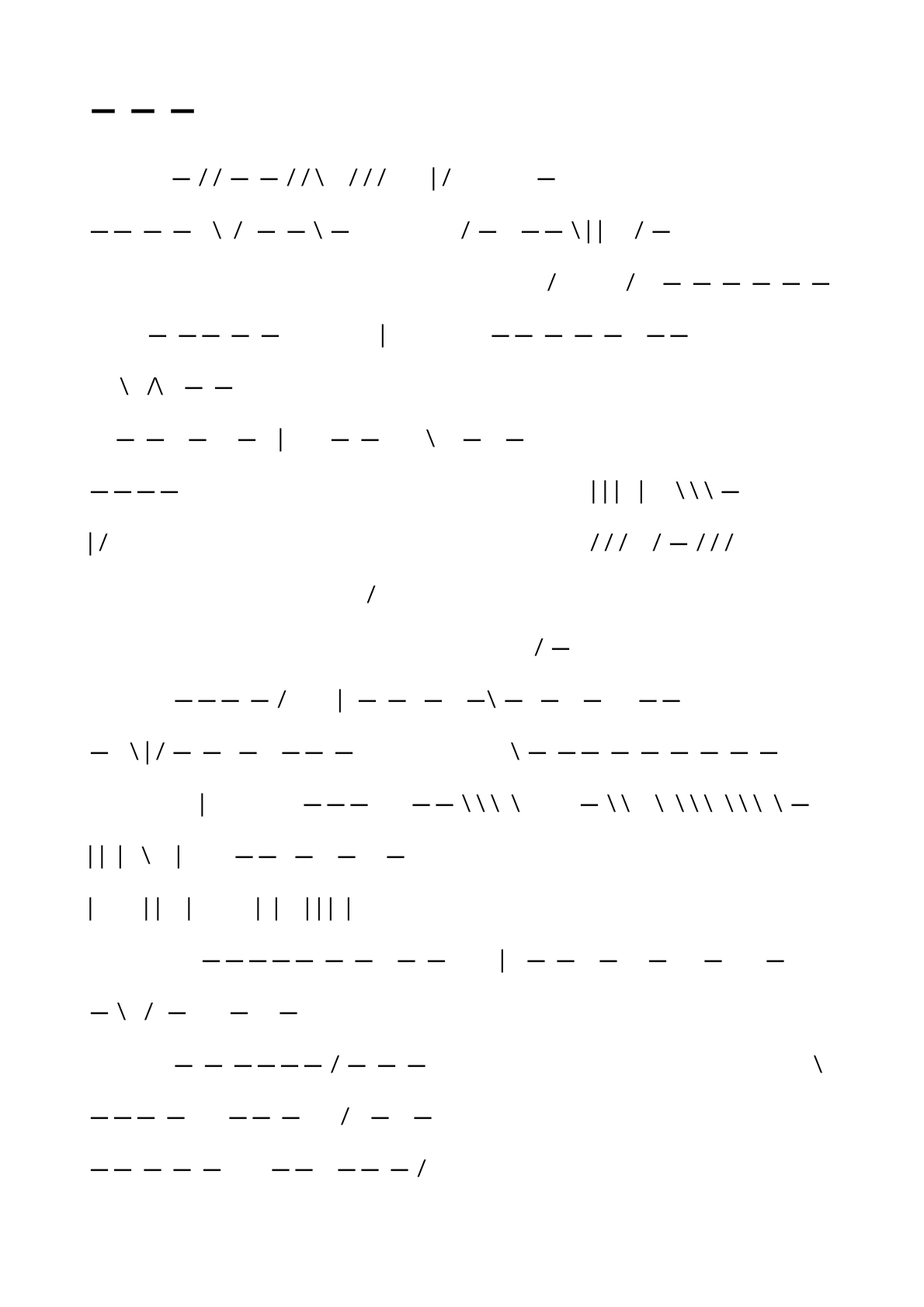
wow, I want to listen and read again and again- I admire the articulation of your experience and it truly resonated with my own. Thank you
This is a really powerful, raw piece. I admire the strength you describe, and the softness and patience it requires.